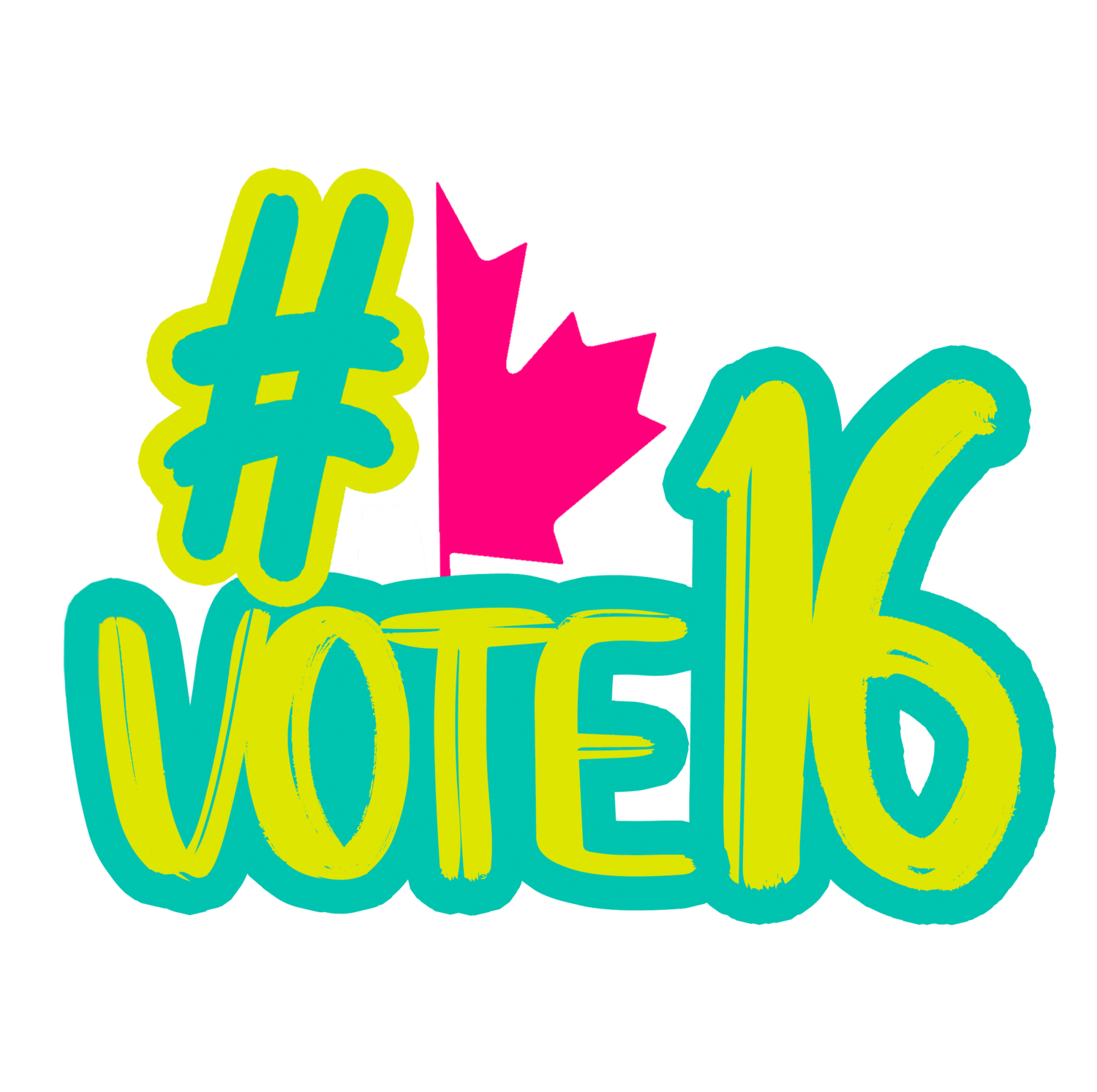Three Reasons
They’re ready.
Studies show that 16- and 17-year-olds are equal to 18-year-olds in their ability to vote responsibly, both in mental reasoning and political knowledge. From climate change to sexual consent to gender equality, today’s young teens are expressing themselves more than any previous generation. Thirty percent of teens have part-time jobs, which means they’re earning and spending money. And when you spend money, you’re paying taxes.
Habits start at home.
University years are a hard time to start voting. Post-secondary students are often in a new city, away from their parents, and experiencing new burdens. Lowering the voting age to 16 will increase the likelihood of voters casting their first ballot and developing a habit of participation.
It’s consistent.
In Canada, a 16-year old can enroll in the Armed Forces, drive a car, provide sexual consent and can be tried as an adult in court. Canada’s political parties allow 16-year olds to join as voting members, and countries all over the world have lowered the voting age to 16.
Three Myths
“Teen brains aren’t fully developed”
While the human brain continues to mature well into our 20s, there is a scientific distinction between Hot Cognition (impulse decisions, affected by emotion) and Cold Cognition (decisions that require time and thought). Research shows that 16-year-olds are just as capable as older adults at Cold Cognition, the type of thinking used when voting.
“They’re too impressionable”
One of the most common arguments against #Vote16 is that teens will just vote how they’re told. But anyone who thinks teens do whatever their parents or teachers tell them… clearly hasn’t met a teen. More importantly, adults too are influenced politically by their friends, family members or even by celebrity endorsements. Since when does that make anyone ineligible to vote?
“They’ll all vote the same way”
It’s often assumed that younger voters may all vote the same way, like some kind of homogeneous voting bloc. But in the 2019 Student Vote mock elections (with more than one million high schools students participating), the vote was split almost evenly amongst the four major national parties. The largest vote was for the Conservative Party.
Children First Canada, in partnership with Wisdom2Action and Youth Central, consulted children and youth from across Canada about the right to vote. They found that youth are already engaged in politics – 88% said they had thought about who they would vote for in the last election and 63% felt that politicians would pay more attention to the issues youth care about if they had the right to vote.
“There is a narrative that young persons under 18 do not belong in politics. But young people want to be able to share our political beliefs in a way that makes a difference. We are the next generation, and allowing us to vote will help to guide the changes occurring in the world towards our future.”
Dive into our comprehensive report that unveils the unprecedented wave of progress sweeping across the globe as an increasing number of countries recognize the power and potential of young voices. From legislative changes to grassroots advocacy, witness the inspiring shift towards inclusivity and youth empowerment, as nations worldwide pave the way for a more representative and engaged democracy.
“Allowing Canadians to vote by 16 will create life-long voting habits”
CBC opinion piece by Finn Conway (Grade 7), 2019
In Defense of Lowering the Voting Age
University of Kentucky - College of Law, 2017
Voting at 16: Turnout and the quality of vote choice
University of Vienna, 201
What happens when the voting age is lowered to 16? A decade of evidence from Austria
2018 Democratic Audit (UK)
Taking Youth Seriously: Reconsidering the Constitutionality of the Voting Age
University of Calgary Faculty of Law, 2019











